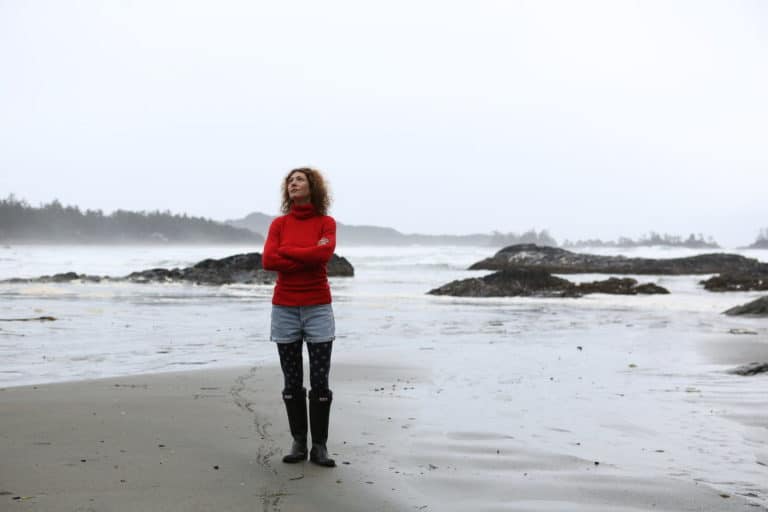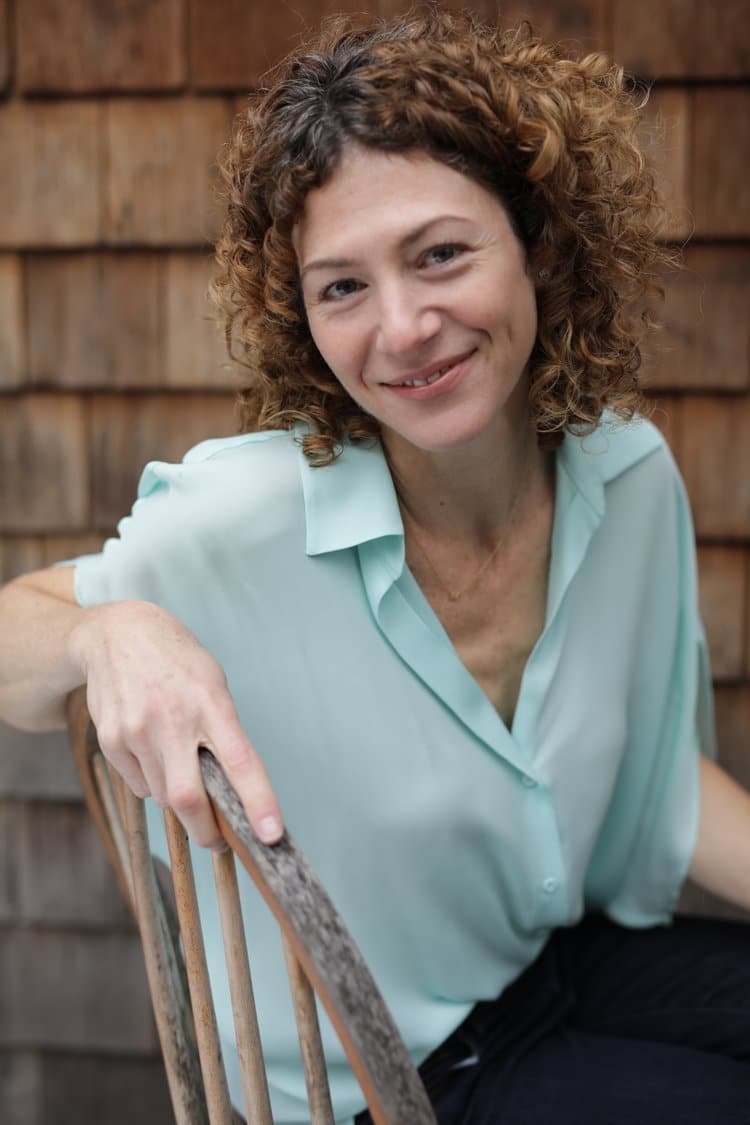Making Ceremony Personal - For You and Your Family

I spent many years working in corporate real estate. Eventually, personal constraints and how I “fit in” (or didn’t) led me to pursue my passion for what I do now – mindfulness. My enthusiasm for the science / contemplative practice of mindfulness stems from my fascination with the way we interrelate, the way we pay attention, and our ability to work on these things. I founded The Drop In Project as a vehicle to deliver best in practice services in this regard.
In my view, ceremony makes otherwise routine behaviours or moments in our lives more conscious. Ceremony takes the basic experiences in our life and elevates them to a level of importance so they become meaningful and memorable.

I spent many years working in corporate real estate. Eventually, personal constraints and how I “fit in” (or didn’t) led me to pursue my passion for what I do now – mindfulness. My enthusiasm for the science / contemplative practice of mindfulness stems from my fascination with the way we interrelate, the way we pay attention, and our ability to work on these things. I founded The Drop In Project as a vehicle to deliver best in practice services in this regard.
In my view, ceremony makes otherwise routine behaviours or moments in our lives more conscious. Ceremony takes the basic experiences in our life and elevates them to a level of importance so they become meaningful and memorable.
When I was younger, I was exposed to the broader notion of ceremony mostly in communal, institutional settings. I lived in a small – or at the very least insular – community that had a fairly religious backdrop. I experienced ceremony simply because it was around me. I do love ceremonies – and always wondered about them: their origin, the meaning behind them, often the visual acts were mesmerizing (i.e. having a religious figure drop down to the floor in front of a towering ark and prostrate himself before “God” is pretty darn powerful).
But as I grew older I began to get curious about my role in these ceremonies – how I felt when I was participating in them, whether they resonated – and they can indeed resonate on different levels. For instance I love the tradition of going to temple on Yom Kippur with my extended family, but I’m not going to actually pray or partake in atoning for my sins; I’m going to be with my family, to respect the tradition of the holiday, to hear songs I’ve heard since I was little, to observe the sound of the shofar, to see and connect with our extended community. When I started my own family, it became clear to me and my partner that the way we be bringing up our own kids and exposing them to ceremony wouldn’t mimic our own experiences – our community was different, our lifestyle was different. In fact my partner was instrumental in helping me to see clearly and speak truthfully about how I related to ceremony.
I believe that ceremony is something in which we must actively partake; when ceremony is communal, we can default to being voyeurs or bystanders. Personal ceremony is important to me also – just like with my family, I try to create rituals for myself that are accessible and adaptable as I move throughout my day. Often, people start their day when they get out of bed. I very deliberately start my day before I get out of bed, in a place that feels safe and cozy to me. I wake up a little bit before the kids and frame my day. It’s not necessarily meditation, it’s mostly finding stillness, allowing my body to awaken, allowing thoughts to come up, noticing what’s showing up and not attaching myself to the outcome. It gives me time to “come to” before I’m upright.
Sometimes when my work day is coming to a close, I think “here I am again, I’ve bitten off more than I can chew” and I’ve got to run and do carpool. I have to pull myself away from a certain way of being and thinking, to receive in a different way with my kids. As I start to prepare to end my work day, I breathe, and when I get in the car, I drive mindfully and listen to a podcast or call someone I love. These practices enrich me and help me transition into what I’m doing, from the work brain to the mom brain. This always comes back to an intentional, meted out approach towards a transition – that, frankly, I find ceremonial.
Throughout my day, I return to ritual. I notice when I’m feeling untethered and I try to move through whatever I’m doing in a more intentional way, whether it’s a conversation, an email or washing the dishes. It always comes back to paying attention for me. In a fast-paced world where everyone is competing for our attention, it feels like a powerful act to focus my attention on what’s in front of me. I’m not trying to stop the mind, but I’m aware of where my mind is going, why it’s doing that, and drop back into my physical body again. Each time you ‘drop in’ you open yourself up to a given moment. Repeating this process again and again is, for me, ceremony. I like to think I’m modelling that conscientiousness for my family, and that they feel it, and feel they can partake.

About The Drop In Project
The Drop In Project is devoted to the notion that sustainable wellbeing is key to optimizing personal and professional performance – and involves a choice about the way we want to live, work and relate. There is no need to move through your days feeling overwhelmed, distracted, anxious. Invite a stronger mind/body connection and see how this can invigorate you with newfound energy, clarity and focus.

